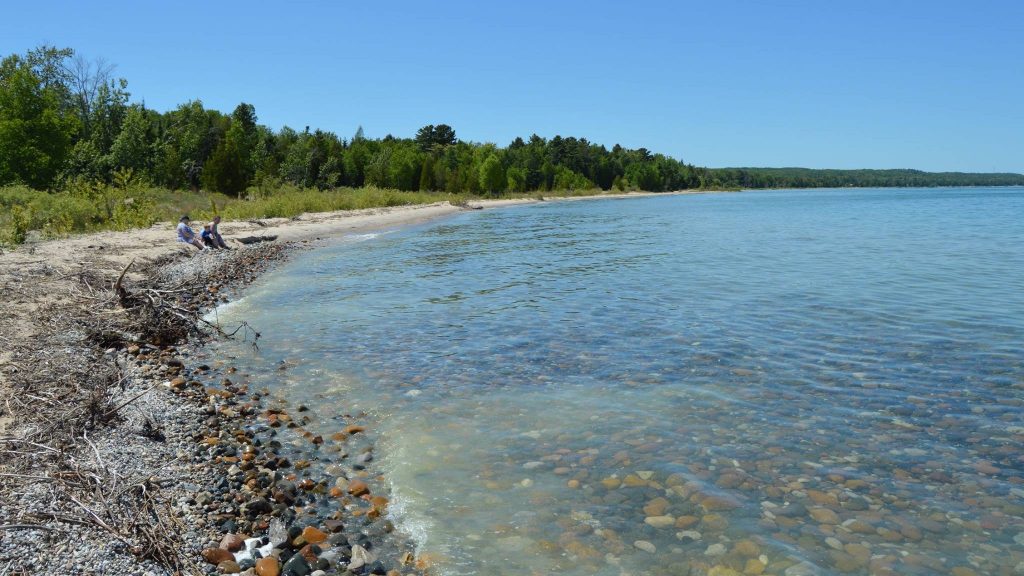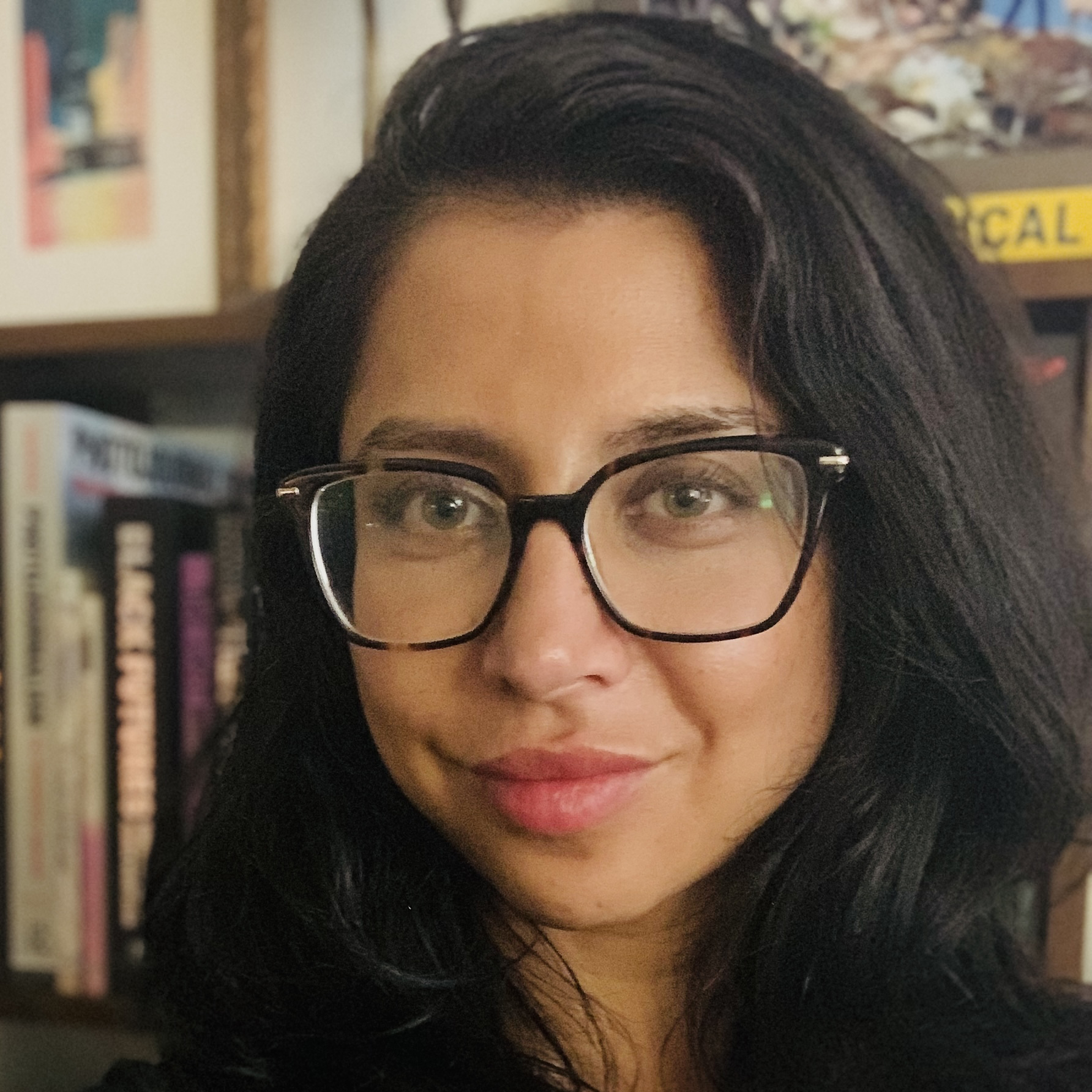The Metro: The lesser known threats to Michigan’s waters
Robyn Vincent, The Metro May 20, 2025Subscribe to The Metro on Apple Podcasts, Spotify, NPR.org or wherever you get your podcasts.

The Lake Huron shoreline.
The Great Lakes still gleam and sparkle — but their waters are heavy with the weight of what we’ve done. Algal blooms cloud once-clear bays. Shorelines erode under rising waves.
The lakes are the eternal vessels of what we’ve left behind: aging pipes, invasive species, and poisoned fish. And it’s all amid a warming climate.
Feeding this system is the Detroit River — one of its vital arteries. It’s moved ore and industry, waste and wildlife. A crossing. A corridor. A dumping ground.
Now, a billion-dollar cleanup is on the table. But this isn’t just about sediment and sludge. It’s about legacy and injustice — and whether we can learn to care for what we once used thoughtlessly.
Laura Rubin, director of the Healing Our Waters-Great Lakes Coalition, has spent years asking that question. She joined The Metro on Wednesday to discuss some of the most urgent or overlooked threats to water health across the state.
Use the media player above to hear the full conversation.
More stories from The Metro on Tuesday, May 20, 2025:
Listen to The Metro weekdays from 10 a.m. to noon ET on 101.9 FM and streaming on-demand.
Trusted, accurate, up-to-date.
WDET strives to make our journalism accessible to everyone. As a public media institution, we maintain our journalistic integrity through independent support from readers like you. If you value WDET as your source of news, music and conversation, please make a gift today.Donate today »
More stories from The Metro
Authors
-
 Robyn Vincent is the co-host of The Metro on WDET. She is an award-winning journalist, a lifelong listener of WDET, and a graduate of Wayne State University, where she studied journalism. Before returning home to Detroit, she was a reporter, producer, editor, and executive producer for NPR stations in the Mountain West, including her favorite Western station, KUNC. She received a national fellowship from Investigative Reporters and Editors for her investigative work that probed the unchecked power of sheriffs in Colorado. She was also the editor-in-chief of an alternative weekly newspaper in Wyoming, leading the paper to win its first national award for a series she directed tracing one reporter’s experience living and working with Syrian refugees.
Robyn Vincent is the co-host of The Metro on WDET. She is an award-winning journalist, a lifelong listener of WDET, and a graduate of Wayne State University, where she studied journalism. Before returning home to Detroit, she was a reporter, producer, editor, and executive producer for NPR stations in the Mountain West, including her favorite Western station, KUNC. She received a national fellowship from Investigative Reporters and Editors for her investigative work that probed the unchecked power of sheriffs in Colorado. She was also the editor-in-chief of an alternative weekly newspaper in Wyoming, leading the paper to win its first national award for a series she directed tracing one reporter’s experience living and working with Syrian refugees. -


